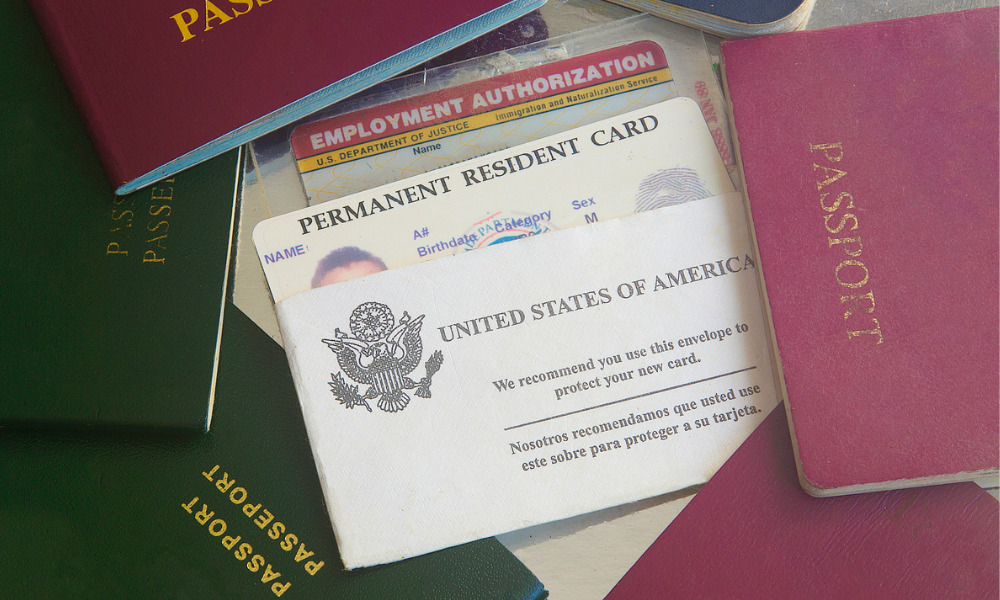"I see no need to bowdlerize statutes or judicial decisions that use the word"

A U.S. federal appeals judge has defended the use of the term “alien” to refer to a foreign national in his concurring opinion to a standard immigration case.
In contrast with recent movements to replace the word with “noncitizen” in the country’s laws – most notably from U.S. President Joe Biden himself – Judge James Ho of the 5th U.S. Circuit Court of Appeals preferred to keep it.
“There’s no need to be offended by the word ‘alien’,” Ho wrote in his concurrence to the court’s May 30 opinion in Khan v. Garland, No. 21-60146 (5th Cir. 2023). “It’s a centuries-old legal term found in countless judicial decisions…. It’s used in numerous acts of Congress – including the ones that allowed me to become an American.”
While Ho admitted that the word “alien” could sometimes be used to relay strangeness, repugnance, or hostility, he reminded his colleagues that words should always be read in their proper context.
“And in the context of immigration law, we use ‘alien’ not to disparage one’s character … but to describe one’s legal status,” he said.
Ho cited another judge who likewise believed that using the word “alien” in a statutory context called for “its statutory definition” rather than one imbued with negative connotations that could be “plucked at will” from a dictionary.
Ho was quoting Judge Carlos Bea of the 9th Circuit Court at San Francisco, who he pointed out was a “fellow former alien” born in Spain.
Ho, born in Taiwan, was admitted to the U.S. “as an alien” and was assigned an alien registration number by the U.S. government – facts he recollected in his concurrence in order to conclude that it was his good fortune to have been granted resident alien status at all and, later, U.S. citizenship. Ho referred to the latter as “one of the greatest privileges this world has ever known”.
Ho also cited Black’s Law Dictionary editor-in-chief Bryan Garner to support his case. Garner wrote in the 2011 edition of Garner’s Dictionary of Legal Usage that the term “illegal alien” was not a pejorative. It described a person present in a country in violation of that country’s immigration laws.
Garner later added in an email to Bloomberg Law that the popular connotations of the word “alien” had “inevitably infected” some people’s view of it, drawing linguistic lines on different sides of the ongoing culture wars.
“Only time will tell how the language will settle the issue,” Garner was quoted as saying. “For the time being, ‘alien’ doesn’t appear to have a bright future.”
Last September 29, during a Federalist Society conference held in Kentucky, Ho announced plans to stop hiring clerks from Yale. He slammed the law school for actively practising “cancel culture” and disrupting conservative speakers, Reuters reported.










